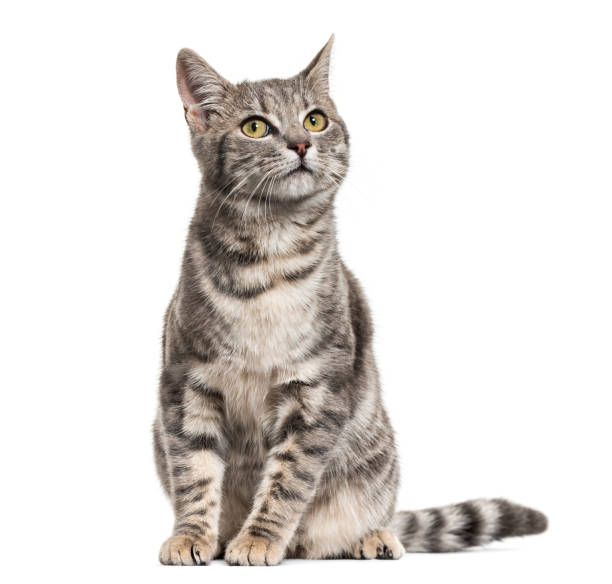
Feline owners are no complete strangers to the day-to-day chore of digging their furry pal's litter box. It's a routine job that's often ignored, yet important for maintaining a clean and healthy environment for both felines and their human companions. Nevertheless, what many family pet owners may not recognize is that there are covert health threats connected with the litter box that can pose risks to both human beings and cats alike. From breathing issues to parasitic infections, the litter box can harbor a variety of hazards that require mindful attention and management.
Among the most typical health risks connected with the litter box is breathing issues. Cat litter, particularly clay-based ranges, can contain great dust particles that end up being airborne when disrupted throughout scooping or when felines dig in the litter. These dust particles can be breathed in by both felines and human beings, leading to respiratory irritation and worsening conditions such as asthma or allergic reactions. In some cases, prolonged direct exposure to litter dust can even trigger more severe respiratory issues in both cats and their owners.
To lessen breathing threats, it's important to select low-dust or dust-free litter alternatives and to scoop the litter box in a well-ventilated location. Using a dust mask while cleaning the litter box can also help in reducing direct exposure to air-borne particles, especially for individuals with respiratory sensitivities.
Another considerable health danger related to the litter box is the capacity for parasitic infections, especially from Toxoplasma gondii, a typical parasite found in cat feces. While a lot of healthy people might not experience signs if contaminated, pregnant ladies and people with weakened body immune systems are at greater threat of establishing cat litter pellets extreme issues, consisting of abnormality and neurological disorders.
To minimize the risk of parasitic infections, pregnant women ought to avoid cleaning the litter box entirely and delegate this task to another household member. Additionally, all people should practice good health routines, consisting of cleaning hands completely after managing the litter box or entering into contact with feline feces, to minimize the danger of transmission.
Lots of business feline litters include chemicals and additives that can position health threats to both felines and human beings. For instance, some aromatic litters cat litter robot may contain scents or necessary oils that can aggravate delicate respiratory systems or trigger allergic reactions. In addition, clumping litters typically consist of sodium bentonite, a clay material that can broaden when consumed, leading to intestinal clogs if taken in by cats.
To reduce chemical exposure, decide for unscented or naturally-scented litters made from biodegradable products such as paper, wood, or plant-based options. These environmentally friendly choices are not only more secure for your cat's health but likewise better for the environment.
The litter box environment provides a perfect breeding ground for bacteria, consisting of potentially harmful pathogens such as wood pellets cat litter E. coli and Salmonella. These germs can contaminate the litter box and surrounding locations, increasing the danger of infection for both cats and human beings. Felines can contract bacterial infections through direct contact with contaminated litter or by consuming fecal matter during grooming, while people can become contaminated through contact with contaminated surface areas or incorrectly cleaned hands.
To minimize the risk of bacterial contamination, it's necessary to clean the litter box frequently utilizing hot water and moderate detergent, along with to sanitize the surrounding location to prevent the spread of germs. Additionally, practicing excellent hand hygiene, consisting of washing hands completely after managing the litter box or coming into contact with feline feces, can help lessen the risk of bacterial transmission.
While the litter box may appear like an ordinary aspect of feline ownership, it's important to acknowledge the potential health dangers related to this relatively harmless component. From breathing problems to parasitic infections and bacterial contamination, the litter box can harbor a range of dangers that need cautious attention and management. By taking proactive procedures to minimize exposure to these threats, cat owners can produce a more secure and healthier environment for both their feline companions and themselves.